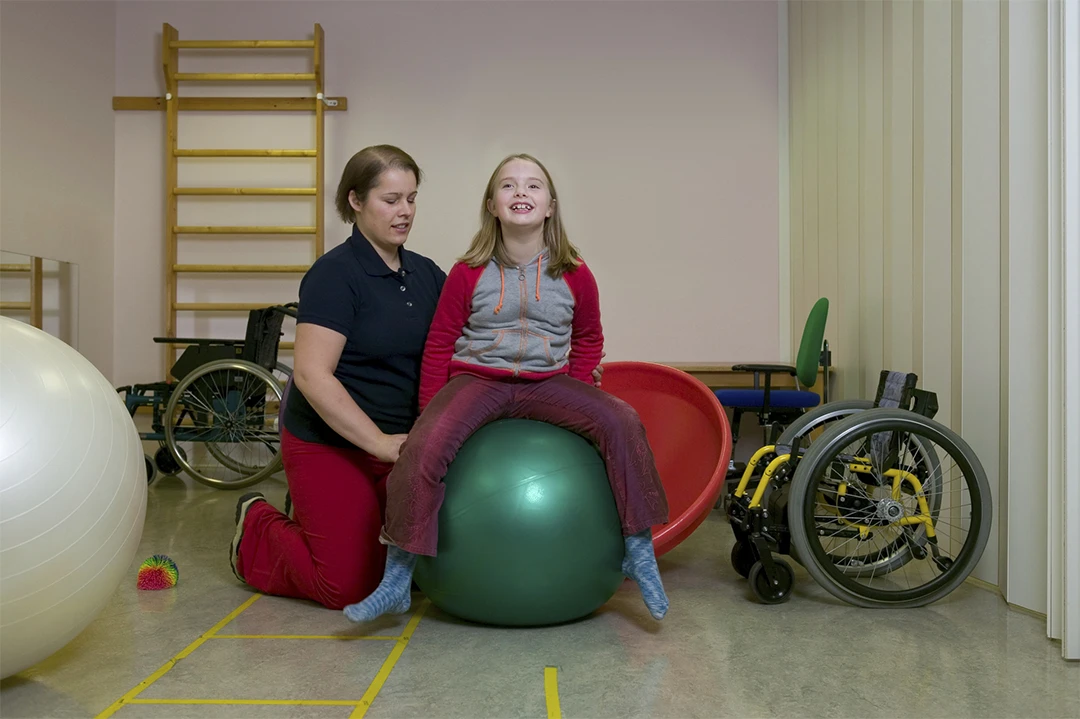
1. Personalized Exercise Programs
Every child is unique, with specific needs and abilities. An NDIS child physiotherapist assesses your child’s current physical condition and designs individualized exercise programs to address their specific requirements. These exercises are aimed at improving muscle strength, joint flexibility, and overall mobility. Tailoring the program ensures that each child receives the most appropriate and effective treatment possible.
2. Advanced Therapeutic Techniques
NDIS child physiotherapists are equipped with various advanced techniques that cater specifically to children. These techniques may include:
– Hydrotherapy: Using the buoyancy of water to reduce the strain on joints while promoting strength and flexibility.
– Sensory Integration Therapy: Helping children better process and respond to sensory information through movement-based activities.
– Neurodevelopmental Treatment (NDT): Focusing on improving the neurological pathways to promote normal movement patterns.
By employing these innovative methods, physiotherapists can effectively address a range of physical challenges faced by children.
3. Enhancing Balance and Coordination
Balance and coordination are critical for performing daily activities. NDIS physiotherapists use a variety of exercises and tools to help improve these skills. Activities might include:
– Balance Boards: Engaging exercises that strengthen core muscles and improve balance.
– Obstacle Courses: Fun ways to enhance both coordination and agility by navigating through a set of challenges.
– Targeted Strength Training: Focused on muscle groups that facilitate better posture and movement control.
By incorporating these exercises into the therapy plan, physiotherapists help children achieve greater stability and control in their movements.
4. Play-Based Therapy
Children learn best through play, and NDIS child physiotherapists use this to their advantage by incorporating therapeutic exercises into playful activities. This approach not only makes therapy sessions enjoyable for the child but also encourages consistent participation. Play-based therapy can include:
– Interactive Games: Designed to target specific motor skills while keeping the child engaged.
– Sports and Recreation: Incorporating sports to improve various physical attributes such as strength, endurance, and coordination.
Through play, children can develop their physical abilities in a fun and motivating environment.
5. Postural Training
Poor posture can lead to a variety of physical complications over time. NDIS physiotherapists work on improving a child’s posture through specialized training. This often involves exercises that strengthen the back and abdominal muscles, promoting an aligned spine and reducing the risk of associated issues. Postural training can also improve breathing and overall comfort during daily activities.
6. Use of Assistive Devices
In some cases, assistive devices may be necessary to enhance a child’s mobility and independence. NDIS child physiotherapists are skilled in the assessment and fitting of these devices, which might include:
– Orthotics: Custom-made devices designed to support and align the feet and lower limbs.
– Wheelchairs: Proper selection and fitting to ensure maximum comfort and mobility.
– Walkers and Gait Trainers: Assisting with walking and promoting a more natural gait pattern.
The appropriate use of these devices can significantly improve a child’s ability to move independently and participate in everyday activities.
7. Education and Support for Families
An integral part of physiotherapy is educating and supporting the families of children with disabilities. NDIS physiotherapists provide information and training to caregivers, enabling them to assist with exercises and activities at home. This support extends to understanding the child’s condition, setting realistic goals, and celebrating progress, which is essential for maintaining motivation and achieving long-term success.
Conclusion
A professional NDIS physiotherapist can offer numerous benefits for children with disabilities. By implementing personalized exercise programs, advanced therapeutic techniques, and incorporating assistive devices, he or she provides comprehensive care. Additionally, educating families ensures that the progress made in therapy continues at home, creating a holistic approach to improving the physical well-being of children.
Comments
comments